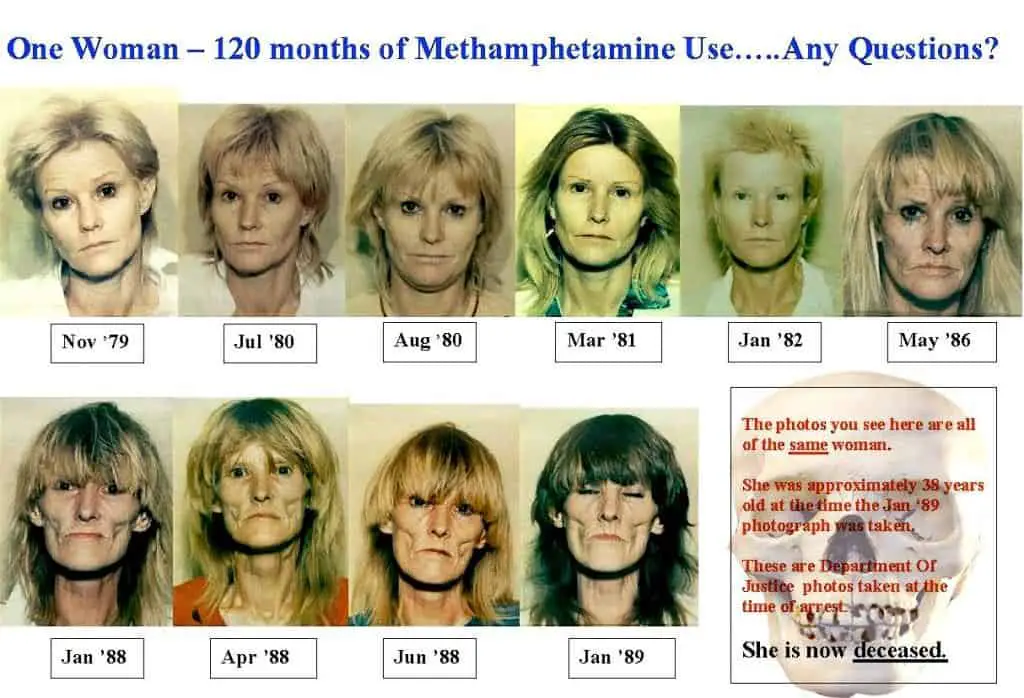Addiction is a compulsion to do something that you can not control. Whether it is alcohol, smoking, drugs, shopping, gambling, or food, it is a behavior that researchers believe is a brain disorder. Addiction effects the brain in the pleasure center which when greatly stimulated, drives a person toward a compulsive act. The brain registers pleasures with the release of dopamine in the nucleus accumbens. A persons response to an addictive behavior is having a craving that is uncontrollable and the inability to stop the cravings, even though the end results are not good. The healthcare industry has made inroads into treating people with addictions. Granted, depending upon the type of addiction a person has, will require more specific treatments, but some of their basic tips include the following:
1. Admit Your Addiction
As in any addictive behavior, the first step is to admit that you have an addiction. An addiction is the result of an unfulfilled need that a person needs to address, such as, what are you trying to avoid, why are you turning to other things, rather than addressing your true problem. Telling people the truth will not come easy, only because you’ve been denying the truth to yourself and you’ve been unable to tell the truth to others, for so long, that taking this step is huge! Admitting that you are somewhat powerless to stop an addiction by yourself, opens the doors to empowering yourself again. Also, by admission of the addiction, you can begin to start beating addiction behaviors, by accepting different recovery options.
2. Watch The Triggers
A particular environment is what triggers an addictive action. An individual needs to find out what the stimuli are and avoid them. The human body responds easily to stimulus, because we see, hear, feel, smell, and taste our world. The majority of addictions are a result of habit forming actions. If you can change the habits, you can change the triggers. Change habit forming triggers, by taking small steps, don’t try it all at once, because this will cause stress and stimulate your addiction. Addiction is about changing isn’t about one action, it is about changing little by little. Creating a log or a diary is a form of identifying the triggers that cause a negative reaction. Addictions are hard to control, but when you have an insight into what triggers, stimulate your behavior, then you can train the brain to associate those actions to an addiction, and a person will be better equipped to avoid triggering actions for sober living. Emotional, physical, and mental addictions can pop up out of nowhere, which is why individuals need to learn what they look like, so that you can turn in a different direction that can save you from harm.
3. Going In a Different Direction
A different life course is a healthy and helpful way to treat addictions. One such diversion is some form of physical activity. Trials are in place now, to prove that exercise can help treat or perhaps prevent addictions. Changing one harmful addiction for another healthy habit, especially exercising daily, creates a different kind of “high” which releases dopamine, but this dopamine activity, relates to the pleasure of achieving exercise goals that replace habitual additions. Exercising can train the brain to ward off depression and to train it to focus less on the addiction and more on a satisfying sweaty distraction. In addition, exercise will make you look great. Exercise is just one form of a diversion, whatever you enjoy as a hobby, then focus on that, whenever you begin thinking about giving in to your addiction.
4. Oops, I Slipped
Be patient with yourself as you’re trying to overcome addiction. Take it one day at a time, take small victories nonchalantly, while striving for larger, more successful victories. Yes, do reward yourself, but also keep realistic expectations. Becoming free of addictions is not a 30-day revival, it is now a lifetime journey. The traditional, oops relapse symptoms are fear, resentment, boredom, and towering expectations. If there is a relapse, don’t wallow, get up, and be resigned to start again. Turn to your support environment immediately because waiting is the difference between recovering more quickly or relapsing deeper into depression and guilt. Urges last between 15 – 30 minutes, even though it seems longer. In a relapse moment, the urge to go back to your addiction, will pass, but you must quickly turn to someone positive, or something more positive, to help in beating addiction.
5. Support Is Key
We are a family of man, which means that we are not an island, we need people in our lives. Even in an addiction, we need a support team. If you have family as a support, then great, but if you don’t, you need people around you that care and want the best for you. Addictions are costly, physically debilitating, mentally harmful, and even causes loss of life. Reach out to family, friends, and a professional therapy support group. They can help you from becoming distracted on your addiction-less goals and they are there to remind you of your importance. A professional support group contains a mentor, counselors, and a beneficial health care staff. Granted, starting therapy is taking a giant step toward a new you and it is not an easy decision. But, people who seek the help of support groups, do not judge, and they know the harm and anguish that any form of addiction can do. So, seek out therapy support, do it for the people you love, do it to achieve sober living, and more especially, do it for you.













